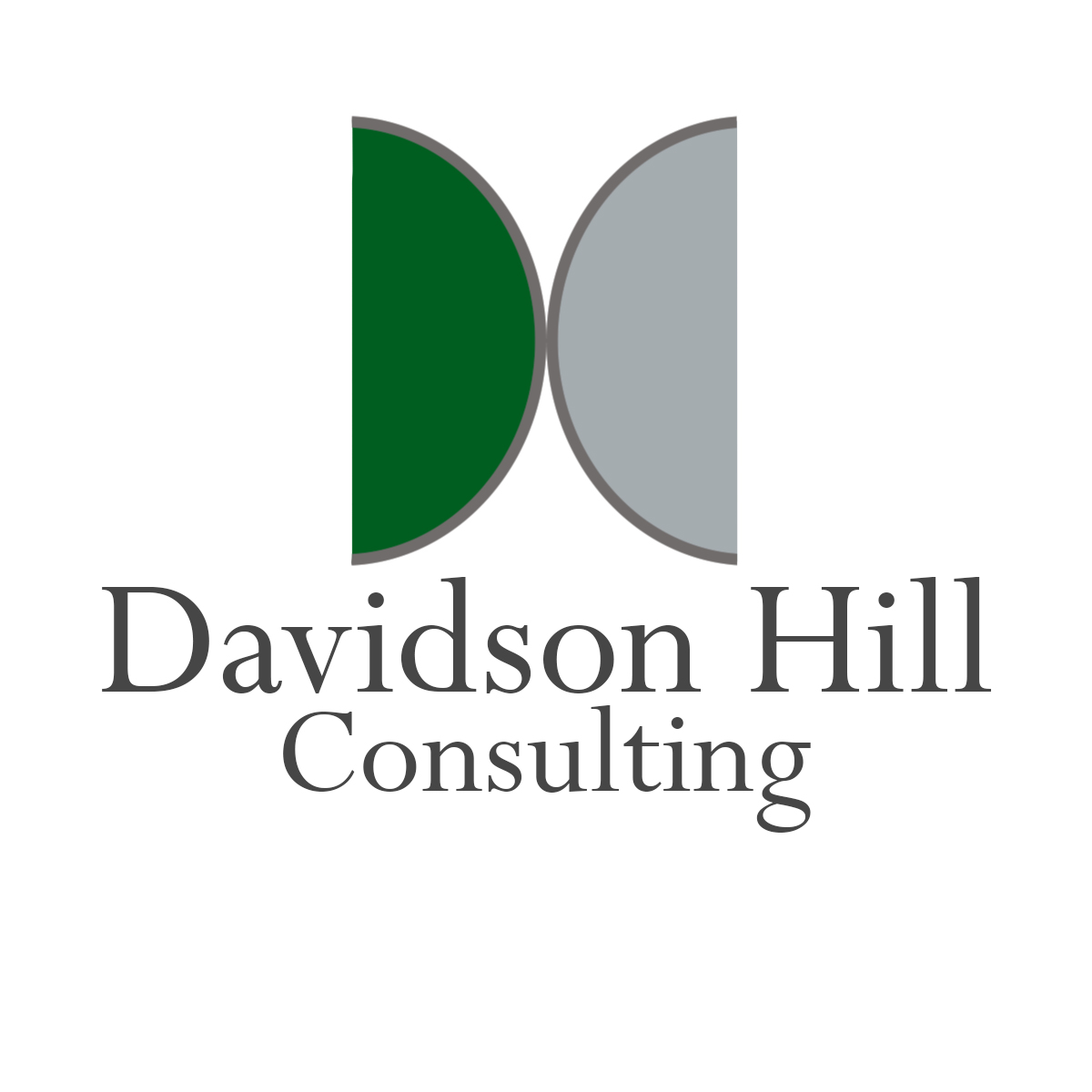Davidson Hill Consulting provides thoughtful and strategic senior-level support for schools, nonprofits, and philanthropic partners that are opening doors of opportunity in historically underserved communities. Focus areas include Strategic Planning, Thought Partnership, and Evaluating Results.
Strategic Planning
To succeed, we must plan strategically. We might need a strategic plan.
The crux of strategic planning is developing a strategy. Many fail to ask: what is a strategy? A strategy is our core answer to the question: how will we succeed? In answering this question, a strategy makes real choices in a way that fosters organizational cohesion. With this cohesion, one more clearly sees what activities to continue or improve, to begin or end.
Too often, organizations make strategic plans more complicated and costly than necessary. A strategic plan is simply a plan that is attached to—and flows from—a strategy. It need not be one hundred pages long to outline your organization’s mission, vision, goals, success metrics, and specific initiatives.
Your organization needs a strategy. It might need a strategic plan. If so, do it simply, and do it well.
Thought Partnership
It is difficult to lead well. This is partly because leadership is often discussed but infrequently defined. Alan Deutschman, author of Walk the Walk, defines it simply: “Leaders strive to change the ways that other people think, feel, and act. Leadership is about creating change.”
With over a decade of leadership experience and a joy for deep thinking, David can be trusted to provide thorough and confidential thought partnership that will help you lead for change. For each of the below topics, David feels equally at home focusing on the big picture and digging into details:
Leadership coaching: Serving as a sounding board and providing confidential feedback to help strong leaders further develop their strengths
Talent management: Getting “the right people on the bus, the right people in the right seats, and the wrong people off the bus” (Jim Collins, Good to Great)
School culture: Ensuring that a school’s “seedbed” is healthy so that its plantings (i.e. curricula, instructional approach, schedules, etc.) will bear fruit (Joseph Murphy, “Beyond the Factors: Threads of School Improvement”)
Curriculum and instruction: Making wise decisions about what to teach and how to teach it
For each of the above topics, thought partnership can take the following forms:
Thinking: Considering tough questions together—will A get us to B, and will B really get us to C?
Challenging: Poking holes in current plans, offering alternative possibilities
Researching: Allowing what is already known to make the unknown less daunting
Evaluating Results
You are in this work to make a difference. This difference can be measured—and should be. To achieve success, we must define it and measure our results against it. Only then will we know where and how to improve. With a strong track record of designing results-focused and action-oriented evaluation models, David can help your organization to:
Define success clearly and measurably
Distinguish between important and meaningless data; then use this important data to improve
Design a simple, powerful employee performance evaluation model
